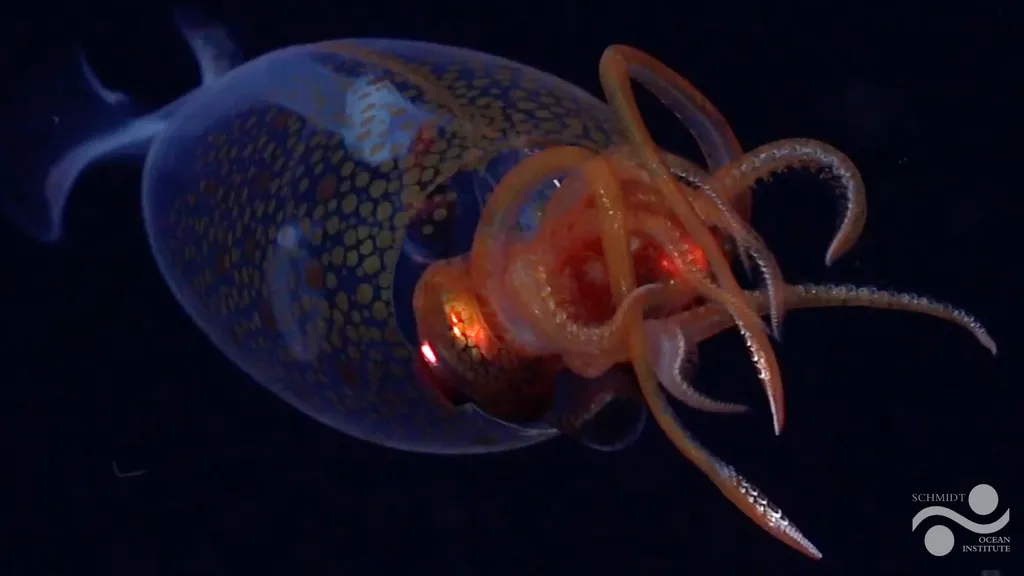In the abyssal depths of the Mariana Trench, where sunlight never reaches and pressures are crushing, a unique amoeba species, Mayorella marianaensis, has been quietly thriving. Now, a team of researchers led by Wenli Guo from the College of Oceanography at Fujian Agriculture and Forestry University has shed light on this enigmatic organism by presenting the first-ever transcriptome dataset of a Mayorella species isolated from the deep sea. This breakthrough, published in the journal *Data in Brief* (translated as “Data Shorts”), could have significant implications for the energy sector and beyond.
The Mariana Trench, one of the most extreme environments on Earth, has long been a treasure trove of unique biological adaptations. Mayorella marianaensis, collected from depths over 3000 meters, has evolved to survive in these harsh conditions. By sequencing its transcriptome—the complete set of RNA transcripts produced by the organism—the research team has unlocked a wealth of genetic information that could hold the key to understanding how life adapts to extreme environments.
“We were particularly interested in the functional annotation pathways related to signal transduction, transport, and catabolism,” explains Guo. “These pathways are crucial for the organism’s survival and could provide insights into how it thrives in such an extreme environment.”
The transcriptome dataset consists of 57,459,544 transcripts with a mean length of 1646 base pairs and an N50 length of 1170. The transcriptome’s completeness, assessed by BUSCO, stands at 67.4%, indicating a robust dataset for further study. The functional annotation pathways identified in the transcriptome could have significant commercial impacts, particularly in the energy sector.
For instance, understanding how Mayorella marianaensis transports and metabolizes compounds could lead to the development of more efficient biofuels. The organism’s unique adaptations might also inspire new approaches to bioremediation, helping to clean up environmental pollutants more effectively. Additionally, the insights gained from this research could inform the development of new biotechnological applications, such as enzymes that function under extreme conditions.
“This research is just the beginning,” says Guo. “The transcriptome dataset we’ve generated provides a foundation for future studies that could uncover even more about the remarkable adaptations of deep-sea organisms.”
As we continue to explore the depths of the ocean, the potential for discovering new and innovative solutions to global challenges becomes increasingly apparent. The transcriptome dataset of Mayorella marianaensis is a testament to the power of genetic research and its potential to drive progress in the energy sector and beyond. With the dataset published in *Data in Brief*, the scientific community now has access to a valuable resource that could shape the future of biotechnology and energy production.

